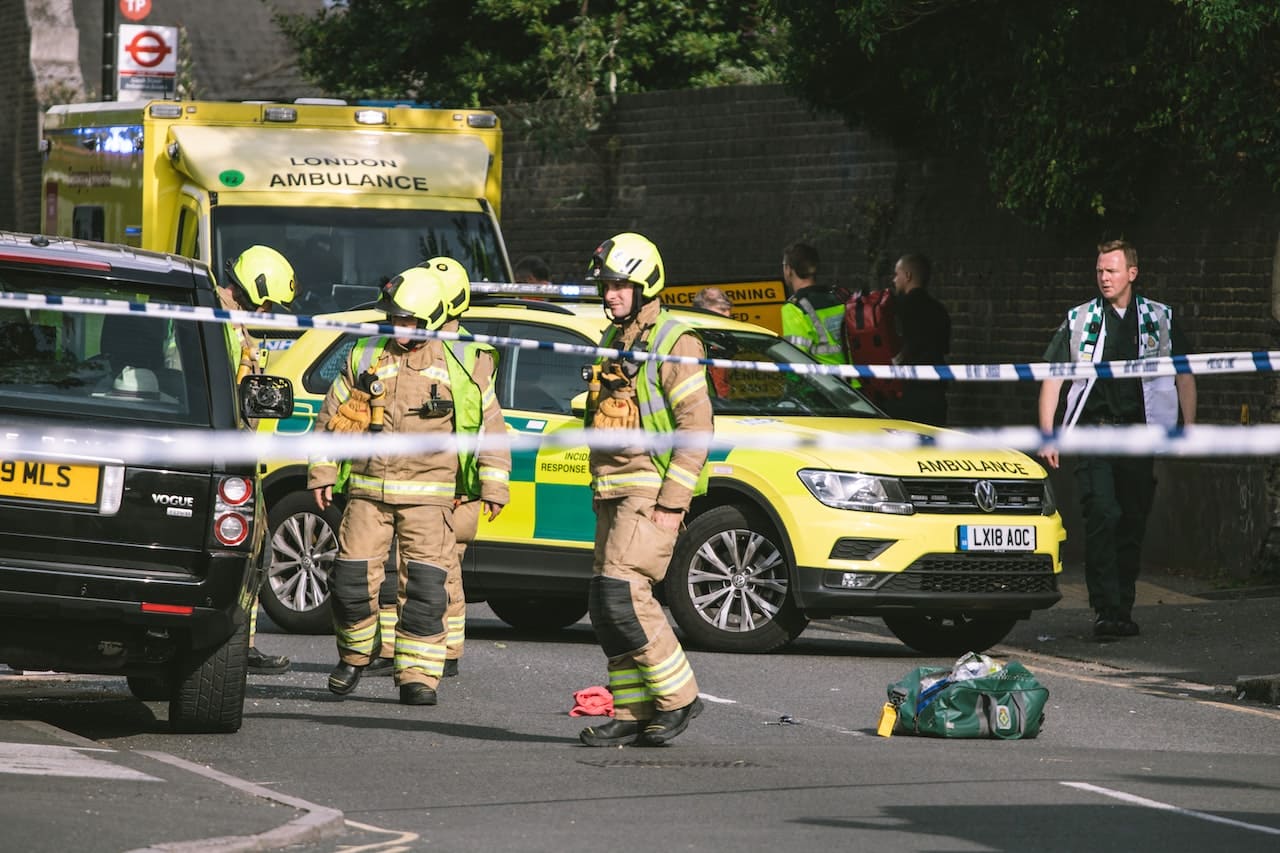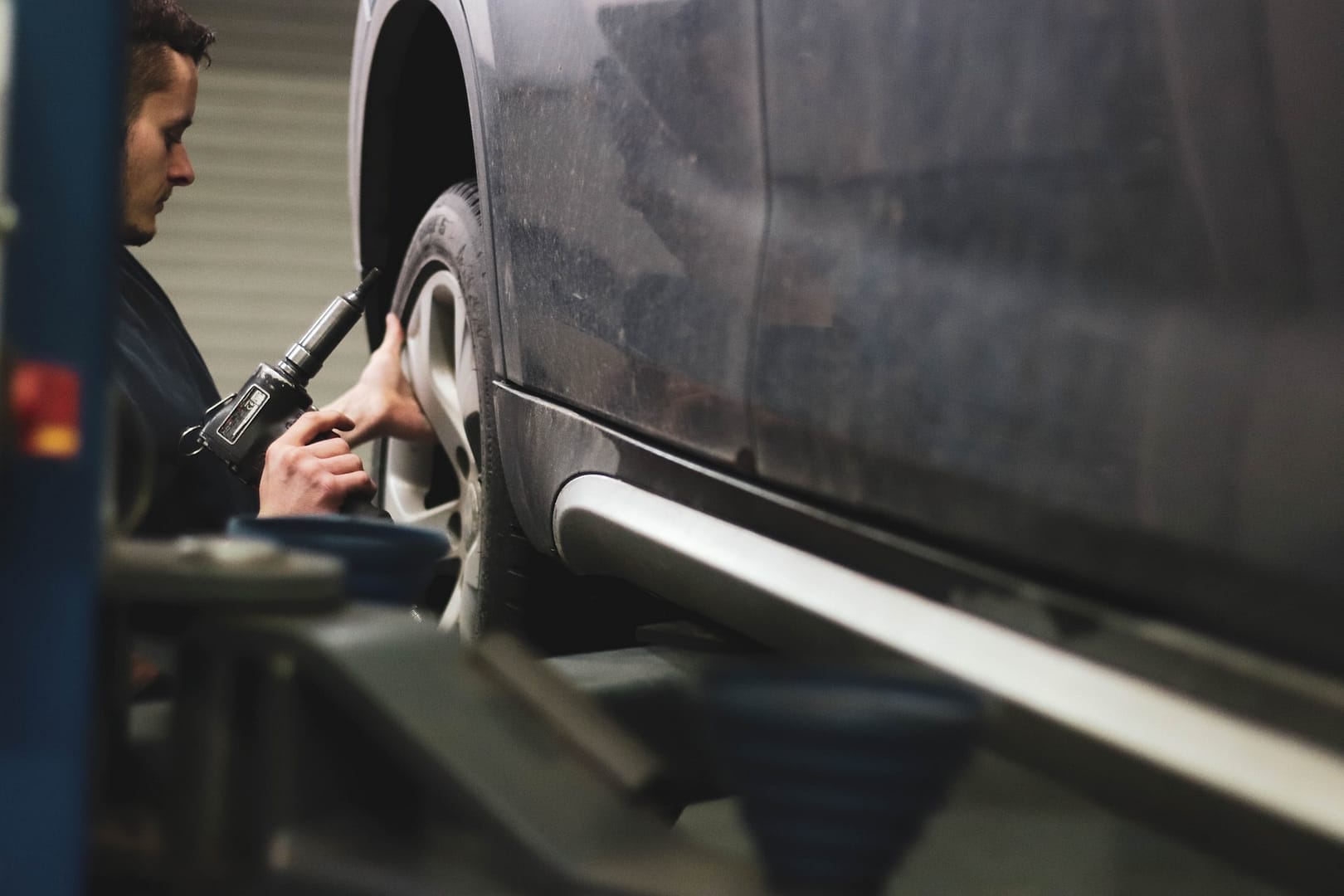Motorbike road traffic accidents can be devastating and life-changing events. They can happen in the blink of an eye, and in many cases, the outcome can be fatal. According to statistics from the UK Department for Transport, motorcyclists are 38 times more likely to be killed in a road traffic accident than car occupants per mile traveled. That’s a staggering statistic that underscores the importance of early medical intervention in motorbike accidents.
If you or someone you know has been involved in a motorbike accident, the first thing to do is to call for emergency medical assistance. Early medical intervention is critical in such cases, and can mean the difference between life and death.
What to do After a Motorcycle Accident
The first thing to do after a motorcycle accident is to assess the situation and ensure that you are safe. If possible, move yourself and your bike off the road to avoid any further accidents. Next, call for emergency services and provide them with as much information as possible, such as your location, the severity of the accident, and any injuries sustained.
It’s important to remember that even if you don’t feel any pain or discomfort immediately after the accident, you may still have sustained injuries that require medical attention. Adrenaline can mask pain and discomfort, and some injuries may not become apparent until later. That’s why it’s essential to seek medical attention as soon as possible after a motorbike accident.
How Do You Treat a Motorcycle Accident Injury?
The treatment for a motorcycle accident injury will depend on the type and severity of the injury. In general, medical professionals will aim to stabilise the patient and prevent any further damage before addressing the specific injury.
For example, if a motorcyclist has sustained a head injury, the first step will be to stabilise the neck and spine to prevent any further damage. Next, the medical team will assess the severity of the head injury and provide treatment accordingly. This may include medications to reduce swelling, surgery to repair any damage, or monitoring to ensure that the patient does not develop any complications.
If a motorcyclist has sustained a broken bone or other musculoskeletal injuries, the treatment will typically involve immobilisation of the affected area. This may involve the use of a cast, brace, or other supportive device, as well as pain management and physiotherapy to aid recovery.
In some cases, a motorcyclist may also require treatment for emotional or psychological trauma. Motorcycle accidents can be traumatic events that can have a lasting impact on a person’s mental health. It’s essential to seek professional help if you are struggling to cope with the aftermath of a motorbike accident.
Common Motorcycle Injuries that Need Treatment
Motorcycle accidents can result in a wide range of injuries, from minor scrapes and bruises to life-threatening injuries. Some of the most common motorcycle injuries that require medical treatment include:
Head injuries
Traumatic brain injuries (TBI) are a common result of motorcycle accidents. These injuries can range from mild concussions to more severe injuries that can lead to long-term complications or death.
Broken bones
Fractures are also common in motorcycle accidents, particularly in the arms, legs, and hands. These injuries can be painful and require immobilisation to allow the bone to heal.
Road rash
Road rash is a term used to describe the abrasions and lacerations that occur when a rider slides along the road after a crash. These injuries can be painful and require thorough cleaning and dressing to prevent infection.
Spinal cord injuries
Spinal cord injuries can result in paralysis or loss of sensation below the point of injury. These injuries can be life-altering and require extensive medical care and rehabilitation.
Internal injuries
Internal injuries, such as organ damage or internal bleeding, are also common in motorcycle accidents. These injuries can be difficult to diagnose and require immediate medical attention.
It is important to remember that if you have suffered or are currently suffering from these types of injuries that occurred due to an accident on your motorbike, you may be entitled to compensation. Contact us at National Claims where we will be able to guide you through the claims process to help you at every step of your claim.

Conclusion
Motorcycle accidents can be life-changing events that require prompt and effective medical intervention. Early medical attention can help to stabilise a patient and prevent any further damage, which can be critical in the event of a serious injury.
If you or someone you know has been involved in a motorcycle accident, it’s essential to seek medical attention as soon as possible, even if you don’t feel any pain or discomfort. Adrenaline can mask pain and discomfort, and some injuries may not become apparent until later.
Injuries sustained in a motorcycle accident can be severe and may require extensive medical care and rehabilitation. If you’ve been involved in a motorcycle accident, it’s important to follow your doctor’s advice and attend all appointments to ensure the best possible outcome.
Remember, the best way to prevent motorcycle accidents is to take all necessary precautions when riding, including wearing protective gear, maintaining your bike properly, and adhering to traffic rules and regulations. By doing so, you can help to keep yourself and others safe on the road.
Contact us today to get a start on your claim regarding your motorbike injuries.
Click below to see why we are one of the most trusted claims management companies in the UK.





